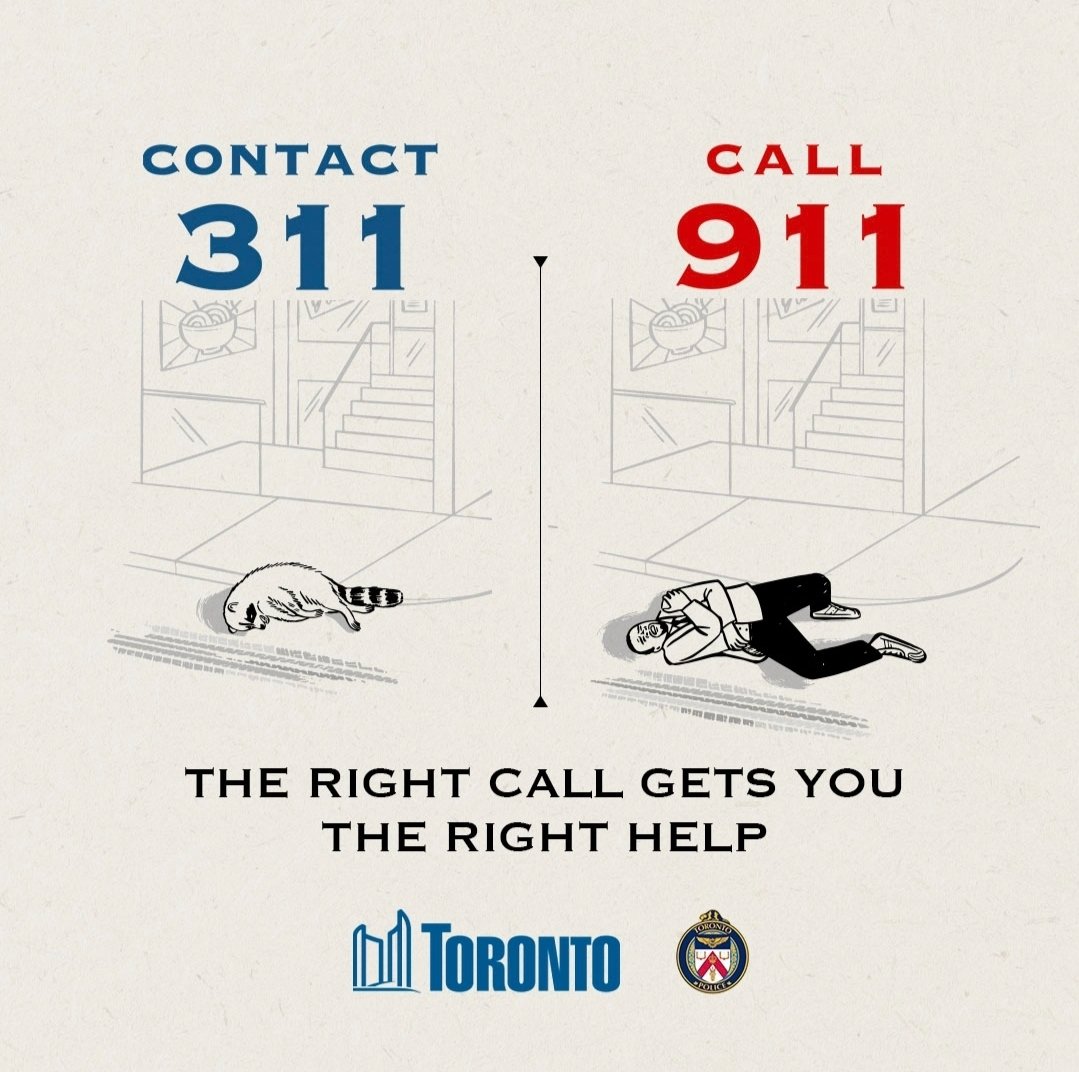Toronto
1611 readers
1 users here now
Toronto, Ontario, Canada
Friends:
Support lemmy.ca
founded 3 years ago
MODERATORS
1
2
3
5
6
7
8
23
Here's how to use a roundabout, according to the OPP. Remember to signal your exits.
(ottawa.ctvnews.ca)
9
10
11
12
13
14
15
16
17
18
19
21
22
23
24
25
view more: next ›


